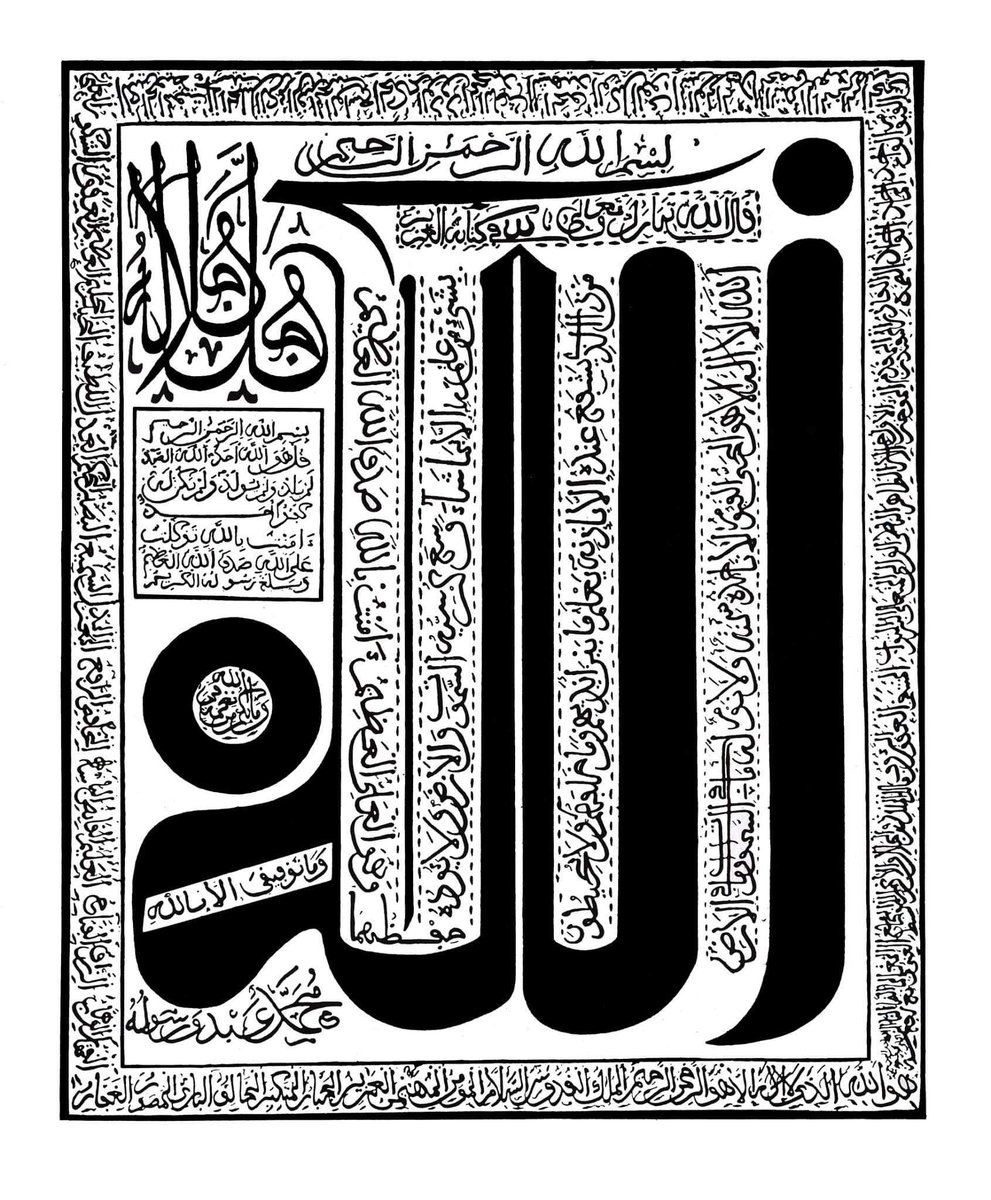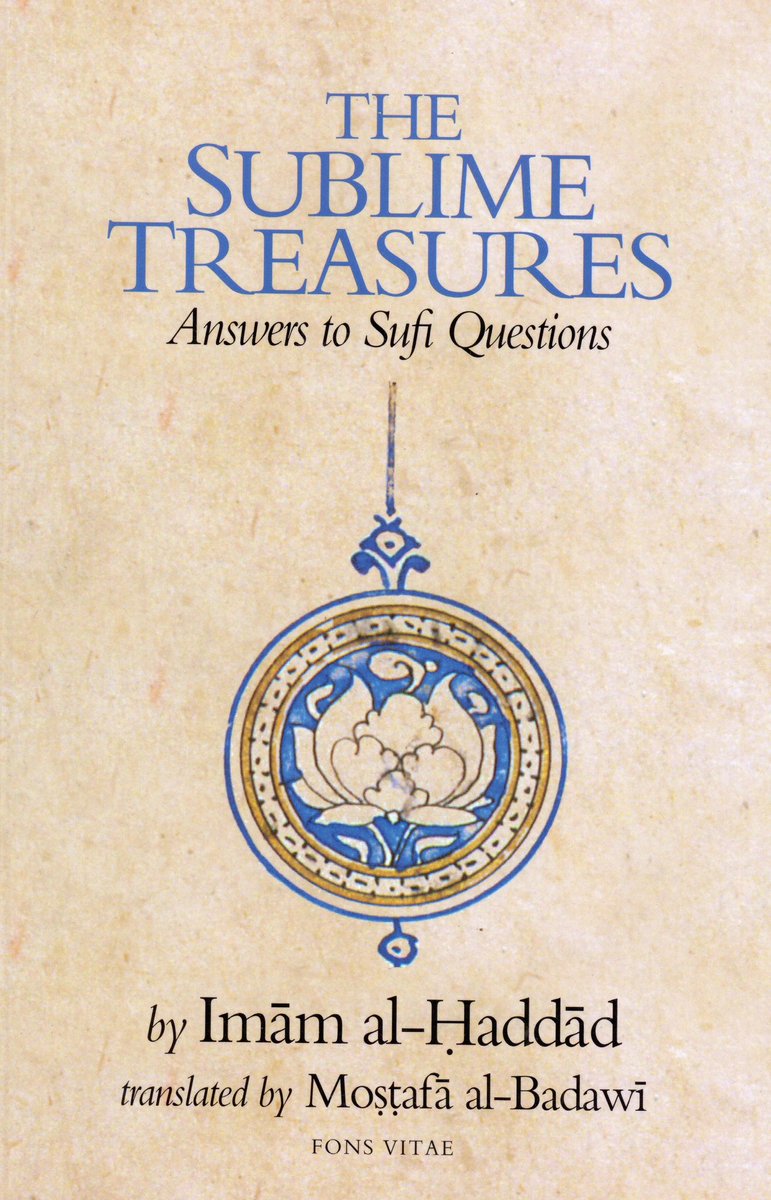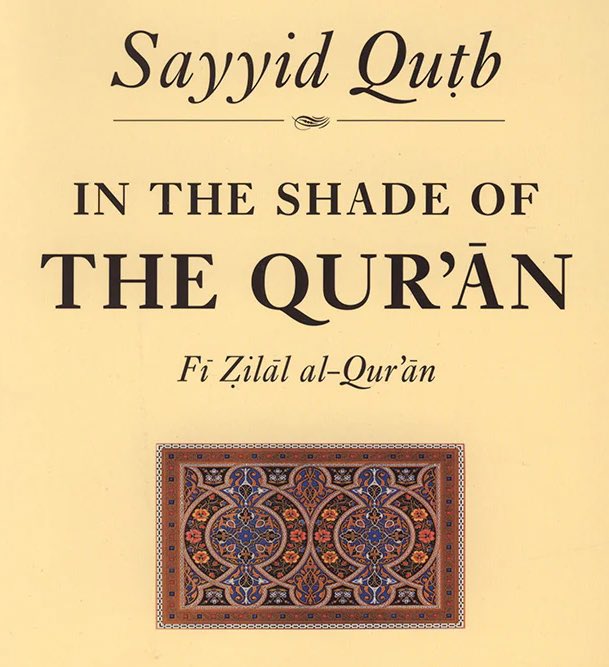
How to get URL link on X (Twitter) App


 And three hundred are in the Torah, three hundred in the Gospel, three hundred in the Zabor, and ninety-nine in the Holy Qur'an. And Allah has hidden a name in the latter.
And three hundred are in the Torah, three hundred in the Gospel, three hundred in the Zabor, and ninety-nine in the Holy Qur'an. And Allah has hidden a name in the latter. 
 It is to be very modest and shy, to do little harm and much good, be truthful of speech, few of words and many of works, few of sins. It is to mind one's own business, be kind and solicitous, faithful in keeping ties with others; to
It is to be very modest and shy, to do little harm and much good, be truthful of speech, few of words and many of works, few of sins. It is to mind one's own business, be kind and solicitous, faithful in keeping ties with others; to
 but that the 'Alawis are to this day so permeated with the original spirit of Ahl al-Bayt that it is impossible to mention either without recalling the other.
but that the 'Alawis are to this day so permeated with the original spirit of Ahl al-Bayt that it is impossible to mention either without recalling the other. 

 We seem to view the Qur’ān as an abstract thing that has no historical living reality. We no longer perceive of it as the force that once shaped Islamic life and society, or the source of the daily orders that Muslims used to receive and act upon.
We seem to view the Qur’ān as an abstract thing that has no historical living reality. We no longer perceive of it as the force that once shaped Islamic life and society, or the source of the daily orders that Muslims used to receive and act upon. 
 Rumi & Mevleviyye ❤️🔥
Rumi & Mevleviyye ❤️🔥https://x.com/Jawnmard1/status/1700110012985516178?s=20

 ‘Know—may God give you success—that love is a divine station, for He ascribed it to Himself, and called Himself ‘the Loving’ (Al-Wadud).... This station has four names:
‘Know—may God give you success—that love is a divine station, for He ascribed it to Himself, and called Himself ‘the Loving’ (Al-Wadud).... This station has four names: 
 and they were far removed from self-centeredness. This led to the development of a sincere, worshipful, and mindful [Sufi] community.
and they were far removed from self-centeredness. This led to the development of a sincere, worshipful, and mindful [Sufi] community. 
 The inner reality, which is Prophecy, came to an end with his death, but the Prophet's wilaya, his spiritual rank, remains an inspiration to which Muslim attention is constantly called.
The inner reality, which is Prophecy, came to an end with his death, but the Prophet's wilaya, his spiritual rank, remains an inspiration to which Muslim attention is constantly called. 
 except the ninth (Surat Al-Tawbah)—albeit that Islamic scholars point out that the ‘missing’ basmallah of Surat Al-Tawbah reappears in Surat Al-Naml wherein God says:
except the ninth (Surat Al-Tawbah)—albeit that Islamic scholars point out that the ‘missing’ basmallah of Surat Al-Tawbah reappears in Surat Al-Naml wherein God says:
 God makes this clear in the Holy Qur’an with His words:
God makes this clear in the Holy Qur’an with His words: 
 You see, if we forget how soon we shall have to die, and if we overlook the fact that everything around us is perishing before our eyes, then we are living in a fantasy world. It is only when we wake up to the truth that the perishable,
You see, if we forget how soon we shall have to die, and if we overlook the fact that everything around us is perishing before our eyes, then we are living in a fantasy world. It is only when we wake up to the truth that the perishable, 
 The basic rules are simple. During that one month of the year, the Muslim must abstain from food and drink from the first dim light of dawn until sunset, provided this does not endanger his health.
The basic rules are simple. During that one month of the year, the Muslim must abstain from food and drink from the first dim light of dawn until sunset, provided this does not endanger his health. 
 Several hundred students were sitting at their desks, their whole future depending on what they wrote upon those terrible blank sheets of paper before them. A strange tension built up, almost palpable; one student after another put his or her pen down, staring into space.
Several hundred students were sitting at their desks, their whole future depending on what they wrote upon those terrible blank sheets of paper before them. A strange tension built up, almost palpable; one student after another put his or her pen down, staring into space. 
 A Sufi brotherhood is called a tariqah (its plural is turuq), meaning “path” or “way”. Whereas in Christianity mysticism has been largely confined to the monasteries, the turuq have played an important role in Islamic history.
A Sufi brotherhood is called a tariqah (its plural is turuq), meaning “path” or “way”. Whereas in Christianity mysticism has been largely confined to the monasteries, the turuq have played an important role in Islamic history. 
 And that’s an important point, because many Western orientalists have tried to attribute the development of Sufism to foreign influences, “borrowings”—Neoplatonism, Hindu Vedanta and so on. It’s an understandable misconception.
And that’s an important point, because many Western orientalists have tried to attribute the development of Sufism to foreign influences, “borrowings”—Neoplatonism, Hindu Vedanta and so on. It’s an understandable misconception. 
 or, in terms of my previous note to Qur’an 50:21-22, the struggle with the nafs al-ammarah, the compulsive or commanding self. In taking on board the empirical findings of cognitive psychology in the identification of the prevalence of fast,
or, in terms of my previous note to Qur’an 50:21-22, the struggle with the nafs al-ammarah, the compulsive or commanding self. In taking on board the empirical findings of cognitive psychology in the identification of the prevalence of fast, 
 However, this knowledge of the human psyche is still largely the product of its historical cultural environment, that is a secular humanist vision that prefers to see the mind more as machine that can be ‘understood’
However, this knowledge of the human psyche is still largely the product of its historical cultural environment, that is a secular humanist vision that prefers to see the mind more as machine that can be ‘understood’